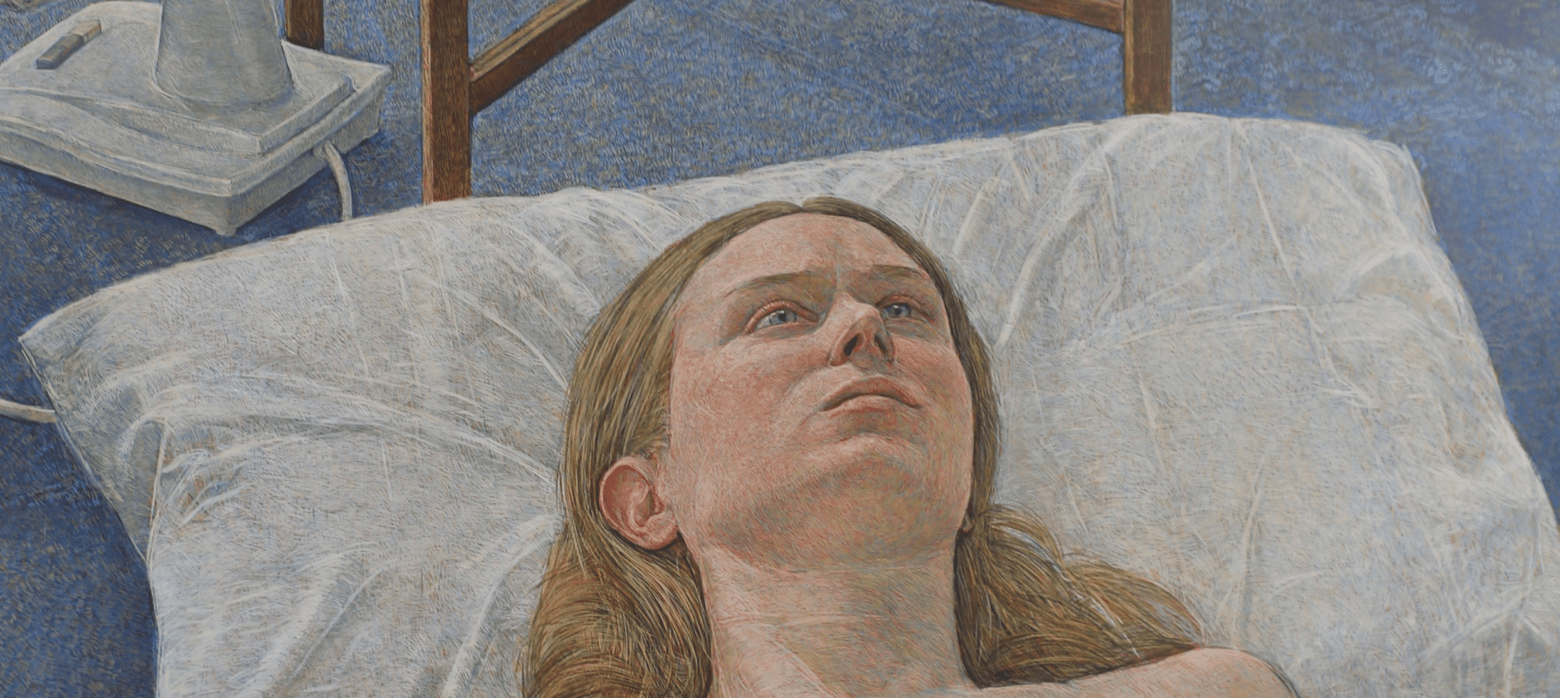Antony Williams: Winner of Herbert Smith Freehills Portrait Award
/ Royal Society of Portrait Painters
Congratulations to Antony Williams, Vice-President of the Royal Society of Portrait Painters, who recently won the Herbert Smith Freehills Portrait Award for his portrait Jacqueline with Still Life.
The Herbert Smith Freehills Portrait Award at the National Portrait Gallery is widely considered as one of the most prestigious exhibitions for contemporary portraiture, and has been running for over 40 years, often featuring members of the Royal Society of Portrait Painters.
Today, Antony shares with us what winning the award means to him and his career, what advice he would give to artists embarking on the same journey, and why people are still choosing to get portraits painted.
Q&A with Antony Williams VPRP NEAC
How do you feel about receiving this prestigious award and what does it mean to you?
Winning the award means a great deal to me as I've been participating in the portrait award since 1995, when I first showed a self portrait. In 2017 I won third prize, so to win this time was completely unexpected as I believed it would have happened years ago if it was ever going to happen at all.
Could you tell us about the story behind your winning artwork?
The award-winning painting of Jacqueline with Still Life is one of a number of paintings that I worked on with Jacqueline as the model, and which were created in my studio on Platts Eyot, an island in the Thames located a few miles upstream from Hampton Court. The idea for this painting was to combine a still life element with a life painting, with the result that the still life occupies as much prominence as the figure. The composition also has a number of still life objects, including a couple of toy houses and a plastic dinosaur, which help to suggest an implied narrative. Though in reality, the work doesn't really have a narrative and is a work of observation, bringing together different elements from my studio practice.
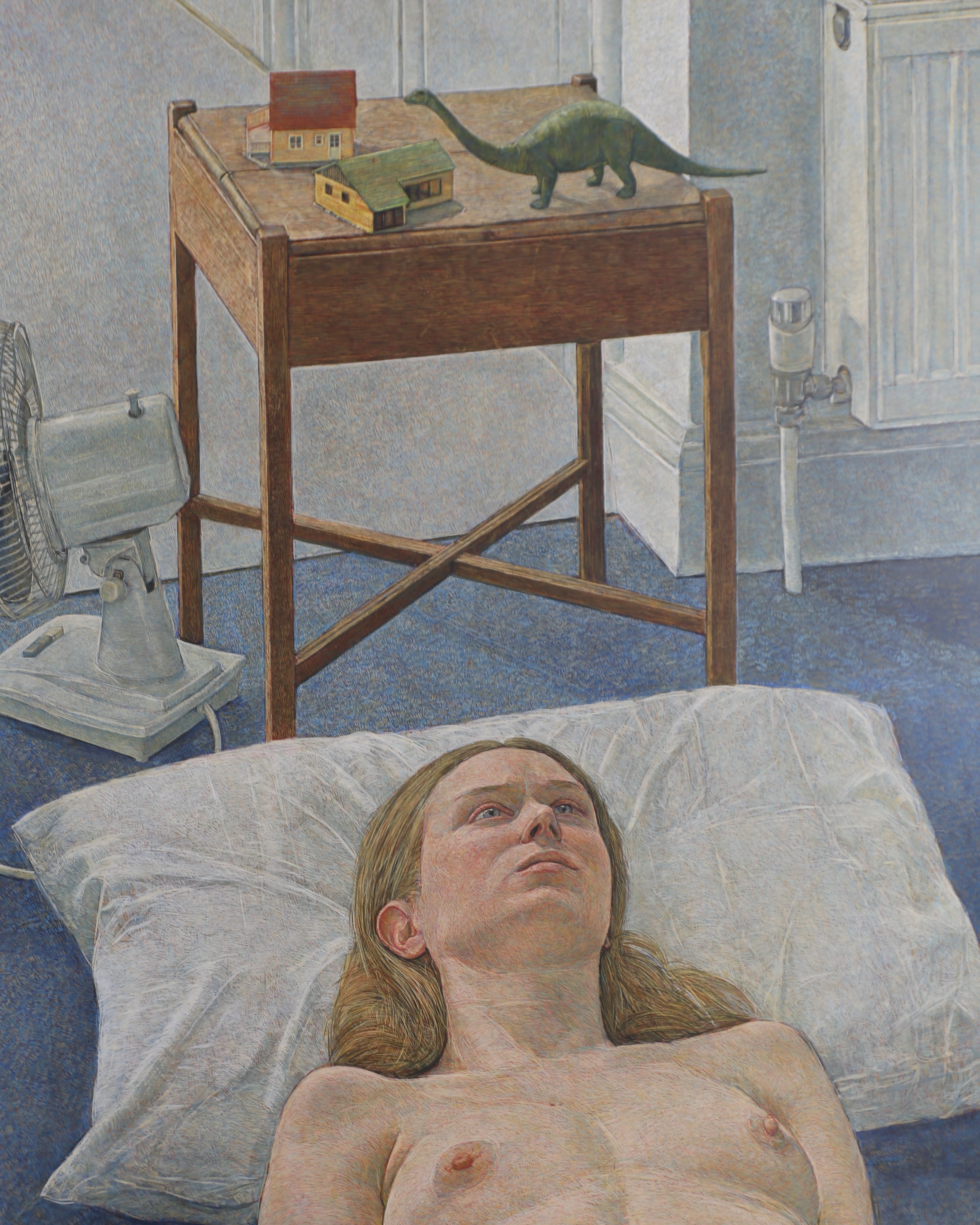
What advice would you give to newer artists in the industry?
My advice to newer artists would be to seriously consider entering open exhibitions and competitions, as it can prove to be a springboard to possible gallery representation, or at the very least it's a way of building up a CV. This was the approach that I adopted, alongside approaching galleries when I felt the work was ready.
Could you tell us more about your artistic journey, and how you developed your interest in portraiture?
My artistic journey initially involved doing a foundation course and then going on to do a fine art degree. However I left after a year, and from that point on I was basically on my own. I started attending adult education portrait and life classes which renewed my interest in portraiture. Also at that time I started working part time for a picture conservator, who was also an artist, and he introduced me to egg tempera, which would in time become the medium of choice for me. In 1991 I exhibited my first egg tempera self portrait in the annual Royal Society of Portrait Painters Exhibition at the Mall Galleries, which proved to be a pivotal point for me, as I was awarded the Carroll Foundation Award for an artist under the age of 35. Winning this award helped to give me the confidence to continue to develop my interest in portraiture.
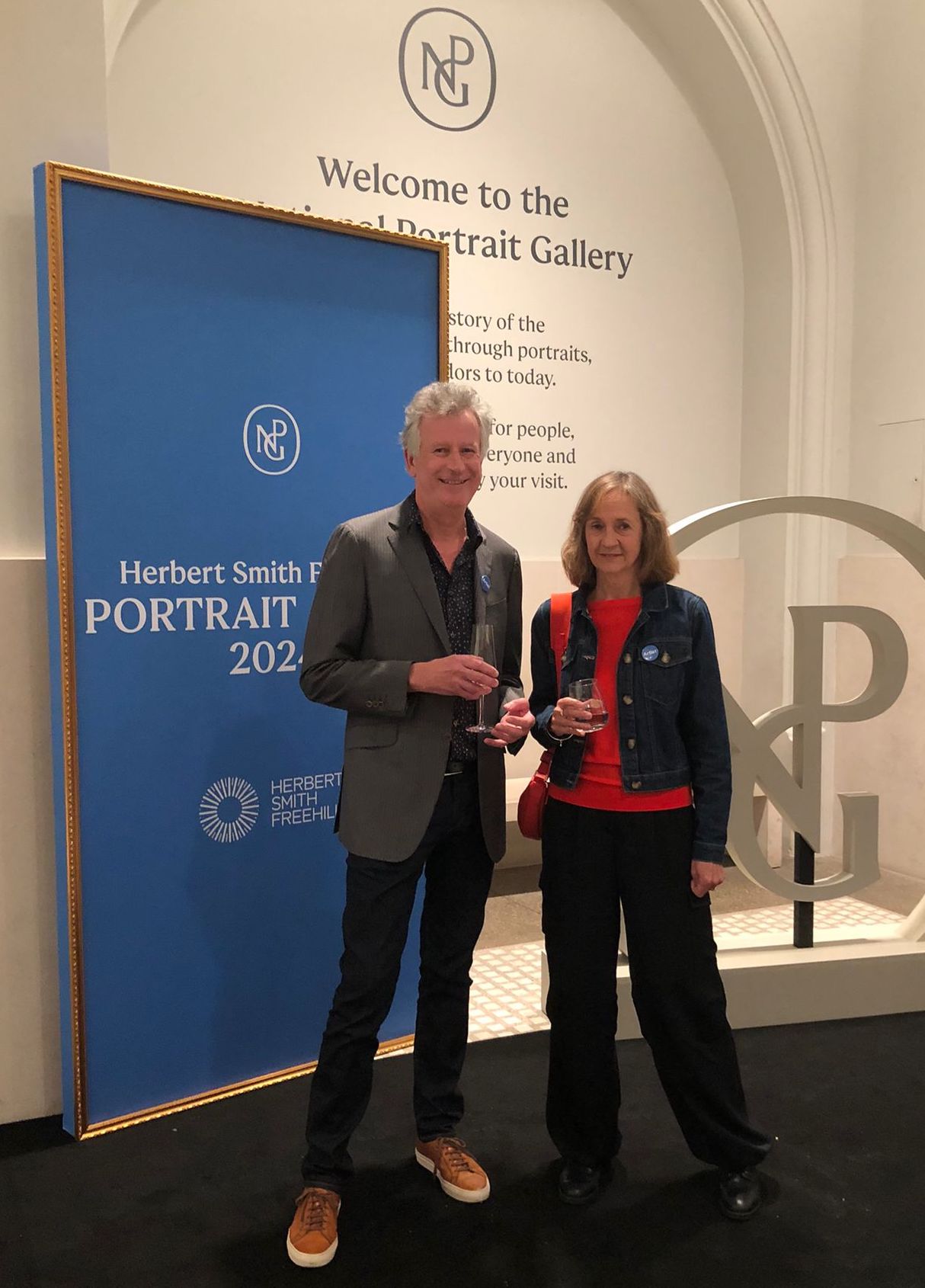
Can you share any memorable stories from your time as an artist?
In the 1995 Royal Society of Portrait Painters Exhibition, I won the Ondaatje Prize for a portrait of the Bishop of Guildford, and in that year the prize was in the form of a commission to paint someone in public life. The evening before the private view I received a phone call from Daphne Todd, the then President of the Society, who told me that I had won the prize and that the sitter was to be Her Majesty The Queen. I was to have my first sitting with the Queen in the October of 1995 which would be one of seven I was to have over the forthcoming months. These took place at Buckingham Palace, starting in the Yellow Drawing Room overlooking St James's Park.
The portrait was subsequently exhibited in May 1996 at the annual RP show.
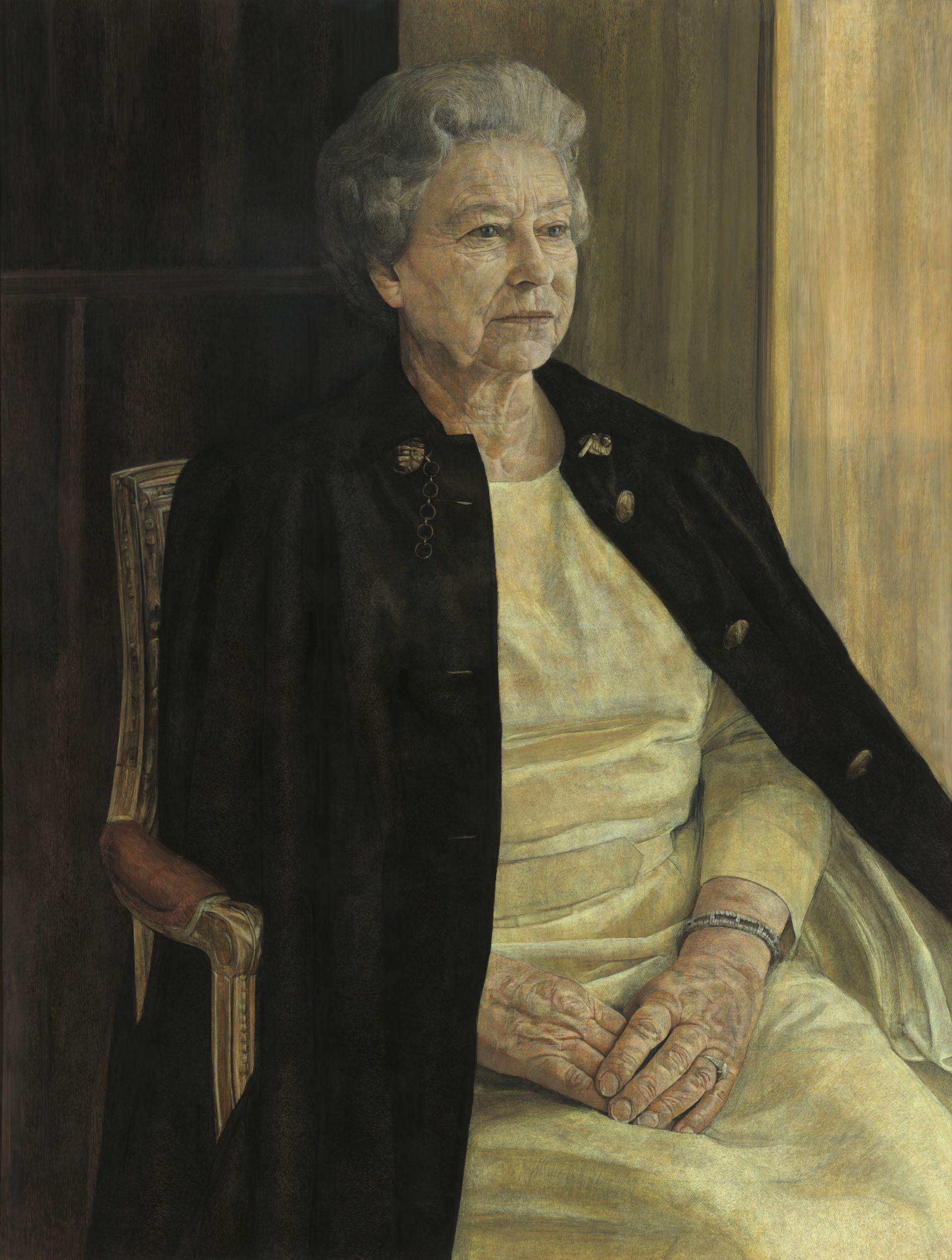
Painting has its own physical presence, and is open to a myriad of different interpretations of the subject by a portrait painter
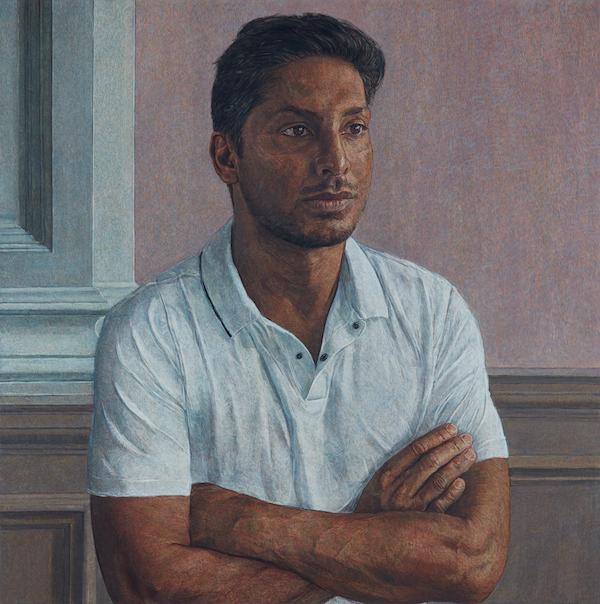
Why do you think people still choose to get portraits painted?
I think people still choose to commission painted portraits as they offer something that is very distinct from photography, as painting has its own physical presence and is open to a myriad of different interpretations of the subject by a portrait painter.
Could you tell us about your personal process for creating portrait for clients?
The process of working with clients for myself usually requires a number of sittings during which I will make studies and try to create as much of the portrait as I can from observation, but I will occasionally use some photography when the number of sittings are limited.
I've primarily worked with egg tempera for many years now, and continue to do so because it has an optical quality which is unique. I find the medium lends itself beautifully to the depiction of all the subtleties you find in a face.
Portrait Commissions Service
Start your portrait commissions journey with Mall Galleries Portrait Commissions service and the Royal Society of Portrait Painters.

